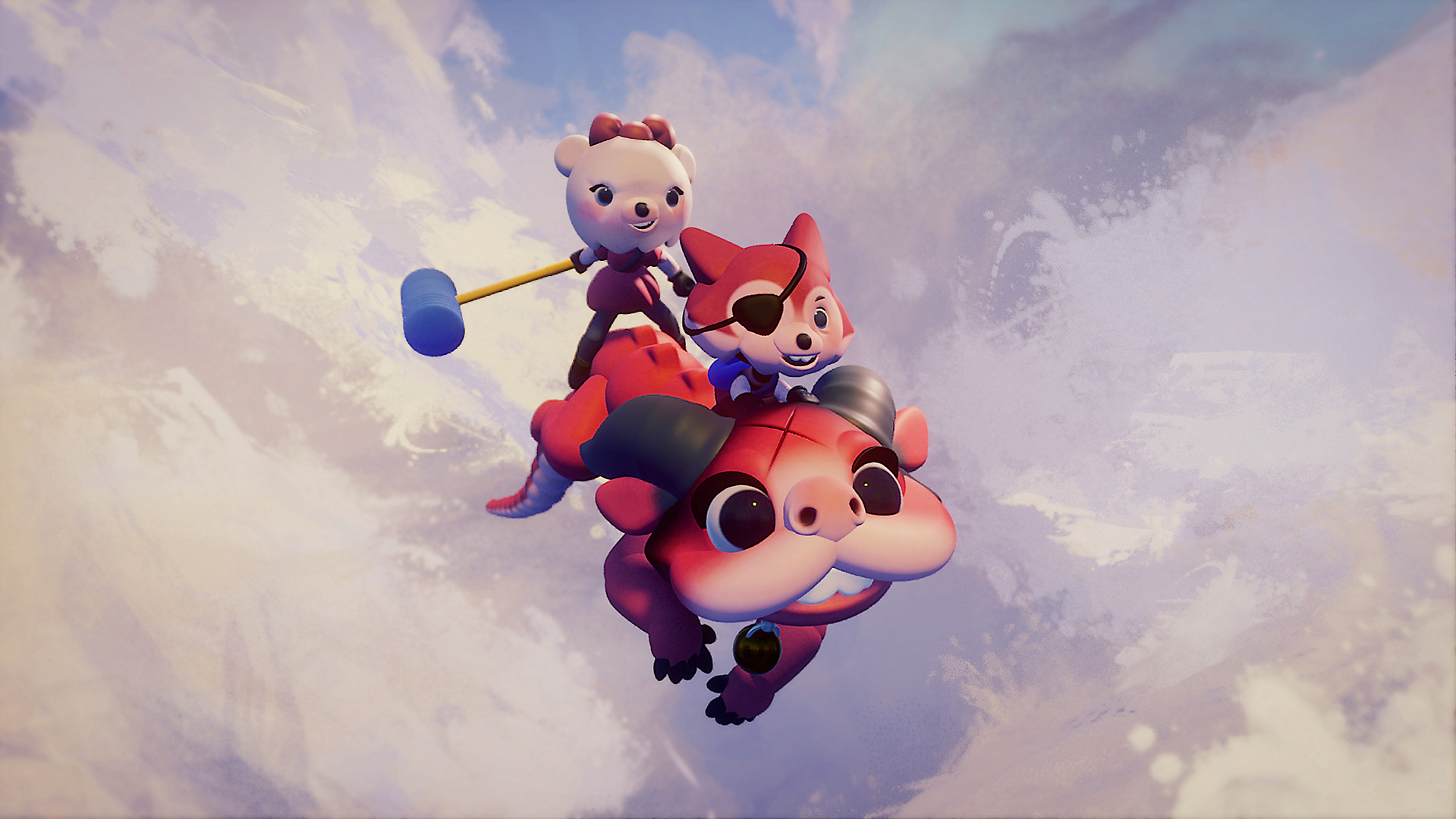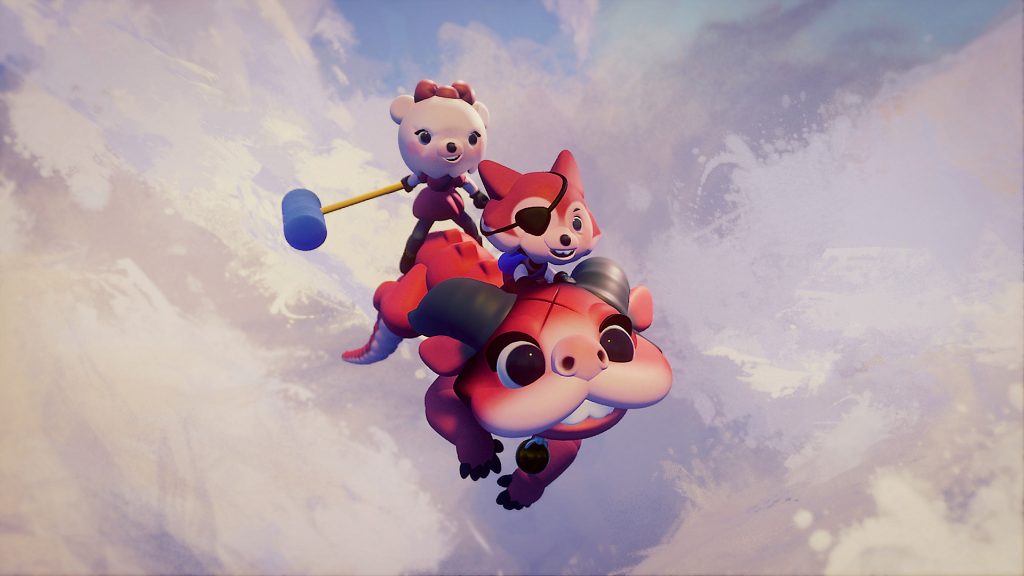It’s sometimes annoying to start every conversation about Dreams with an explanation about what Dreams is. Then again, Dreams is so ambitious and unique that you really have to make sure that everyone is on the same page whenever you bring it up.
Dreams is not really a video game in the sense of how you usually think about video games. It’s basically a creative toolkit that can be used to make everything from video games to short animated films. Designed by the studio behind Little Big Planet, Media Molecule, Dreams first caught the attention of gamers, but it has since spread to nearly every creative corner of the internet.
There are good reasons why that is the case, but the biggest draw of Dreams at this stage has to be its accessibility. With enough patience and perhaps a little general design know-how, the possibilities of Dreams are nearly endless. We’ve already seen it produce everything from open-world games to a version of Cyberpunk 2077 remade in the style of a PS1 title.
There are a lot of questions that come with titles such as this, but in the age we live in, any game based on user creativity that starts to gain momentum will always be compared to the king of that sub-genre, Minecraft. Specifically, people begin to wonder whether or not the new kid on the block will ever reach the heights that Minecraft enjoys as the best-selling game of all-time.
So far as that goes, you really can see a lot of similarities between Minecraft and Dreams. Then again, there are arguably more important ways in which the titles differ.
The most important comparison between Dreams and Minecraft may be the way that they initially spread. It’s easy to forget considering how it big it is now, but part of the reason that Minecraft became such a big deal in its early days is because of the efforts of the content creators out there who initially showcased the possibilities of the title. People didn’t necessarily fully understand what Minecraft was or how to “play” it, but they knew they wanted to be a part of it.
We’re seeing something similar happen with Dreams in its early stages, but the case of Dreams is arguably even more impressive. At a time when there are more notable content sharing platforms than ever before, Dreams has managed to make waves on Twitter, Facebook, YouTube, Twitch, Reddit, and elsewhere. Whether you’re a content creator or a content consumer, more and more people are becoming infatuated with exploring what is possible with Dreams. Even simple gifs from the game benefit from a “Made in Dreams” watermark that triggers that vital “what is this?” reaction.
As we mentioned, Dreams is also noticeably more accessible than games like RPG Maker that require you to navigate an endless series of boring menus in order to do anything. Unlike creative games like Super Mario Maker and even Minecraft, though, that accessibility doesn’t necessarily interfere with the final product. What we mean is that you’re ultimately still really only able to make a Mario level in Super Mario Maker no matter how creative it is. Dreams doesn’t suffer from any such limitations.
However, there’s one important thing that Minecraft has which Dreams doesn’t: a core experience.
In its simplest form, Minecraft allows you to wander around a landscape, gather some materials, fight monsters, and build a little house. All of the deeper features that it offers are built upon those basic elements.
Dreams is different. It doesn’t offer a core gameplay experience. Even if a particular interactive creation manages to spread quickly, it’s not a guarantee that people will continue to explore other games made via Dreams. Of course, that goes back to the whole thing with Dreams not really being a game at all. It’s a software tool.
Yet, maybe the idea of looking for the next Minecraft by looking for a game that closely resembles Minecraft is inherently flawed. After all, there is already a Minecraft. Perhaps at a time when content creation is becoming a form of social currency, Dreams can become a language unto itself. Maybe it can be a Minecraft for a generation of users who are looking to create, share, and are starting to reject the idea of such a seemingly basic concept like a fundamental experience.




